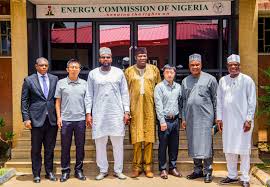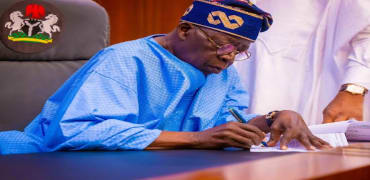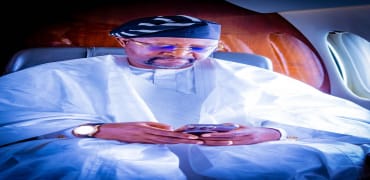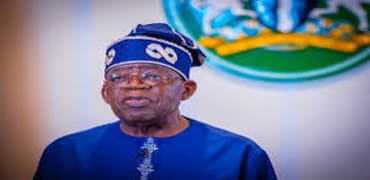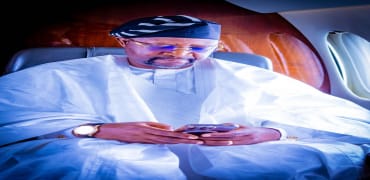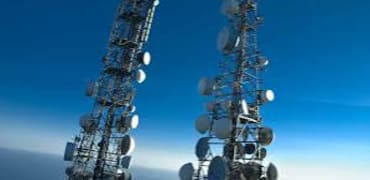FG Partners with Chinese Auto Giant BAIC to Pioneer Battery Swap Tech for Nigeria’s Clean Energy Drive
FG Partners with Chinese Auto Giant BAIC to Pioneer Battery Swap Tech for Nigeria’s Clean Energy Drive
By Achimi Muktar
In a bold move that could redefine Nigeria’s clean energy and transportation future, the Federal Government has opened discussions with Chinese auto powerhouse BAIC Motor Corporation Limited to introduce battery swap technology into the country. The game-changing innovation, already transforming electric mobility in China, could be the catalyst Nigeria needs to fast-track its green energy ambitions.
The conversation was made public via a post on X (formerly Twitter) by Dr. Mustapha Abdullahi, Director-General and CEO of the Energy Commission of Nigeria (ECN). In the post, Dr. Abdullahi expressed optimism about the potential partnership.
“I was pleased to host intermediary consultants from BAIC Motor Corporation at the Commission’s headquarters. Our discussions focused on introducing BAIC’s innovative battery swap technology, setting the stage for deeper collaboration,” he wrote.
The high-level meeting drew stakeholders from both government and industry, including Dr. Silas Agara (DG of the National Directorate of Employment), Ambassador Nicholas Agbo, legal luminary George Anuga (SAN), and BAIC’s own Mr. Tan Jian Alex and Mr. Lv Haiming.
Dr. Abdullahi reaffirmed the ECN’s mission to build meaningful alliances that support innovation and sustainable development—values central to the “Renewed Hope Agenda,” the government’s master plan for economic growth and energy innovation.
Battery Swapping: The Future of EVs?
While Nigeria continues to explore electric vehicle (EV) options, China is already leading the charge—literally. Companies like Nio have deployed over 3,300 battery swap stations nationwide, with tech giant CATL partnering with oil major Sinopec to scale a countrywide battery-swapping network.
Unlike traditional charging, battery swap stations allow drivers to replace depleted batteries with fully charged ones in a matter of minutes. This drastically reduces waiting time and improves EV convenience—an innovation Nigeria could benefit from, especially as the country ramps up electric mobility in its public transport system.
FG’s Electric Leap Forward
This partnership comes on the heels of a landmark approval by the Federal Government in March 2025: a N151.9 billion investment in electric buses, tricycles, and EV infrastructure, with a focus on the North-East region. The initiative aims to slash carbon emissions and provide sustainable transportation alternatives in underserved communities.
A Growing Web of Global Partnerships
It’s not just China showing interest. In recent months, Nigeria has become a hotbed for clean energy investments and proposals. The International Finance Corporation (IFC), in partnership with the Canadian Government, committed $5 million to scale solar hybrid mini-grids in rural Northern Nigeria. Meanwhile, South Korea’s Asia Economic Development Committee (AEDC) is exploring partnerships to locally produce solar tech and electric vehicles, with a focus on long-term capacity building.
What’s at Stake?
If these discussions with BAIC and other international partners materialize, Nigeria could rapidly position itself as a hub for clean energy innovation in Africa. Beyond reducing emissions, the initiatives could empower local industries, create jobs, and decrease reliance on foreign imports.
For a country grappling with energy challenges, the adoption of battery swap technology might just be the spark needed to ignite a full-scale energy revolution.



